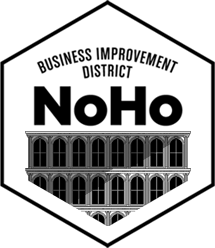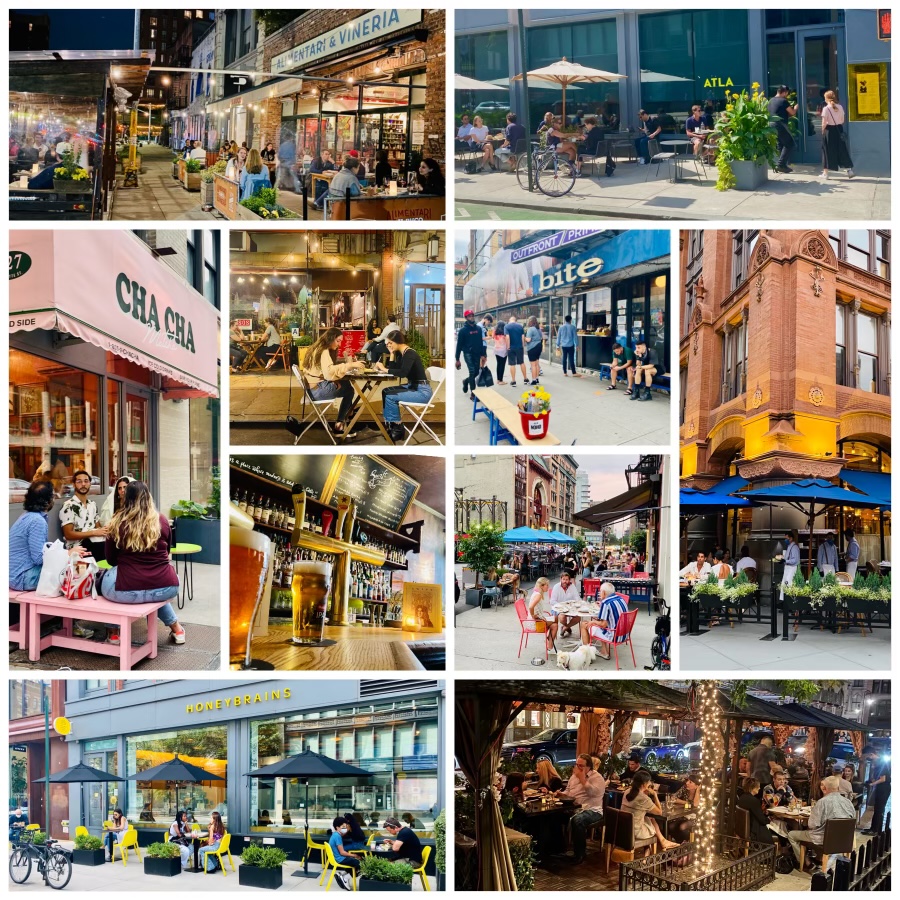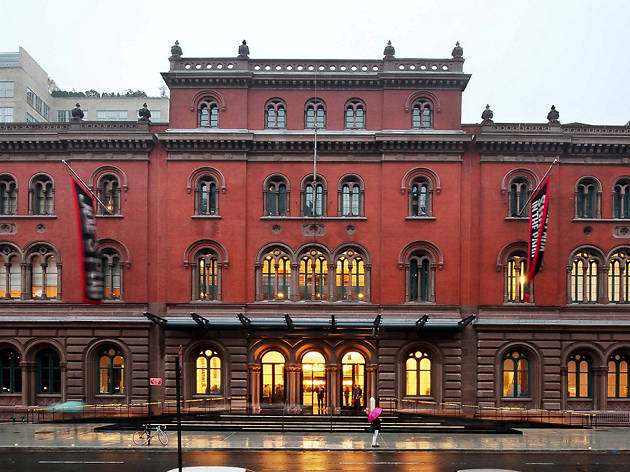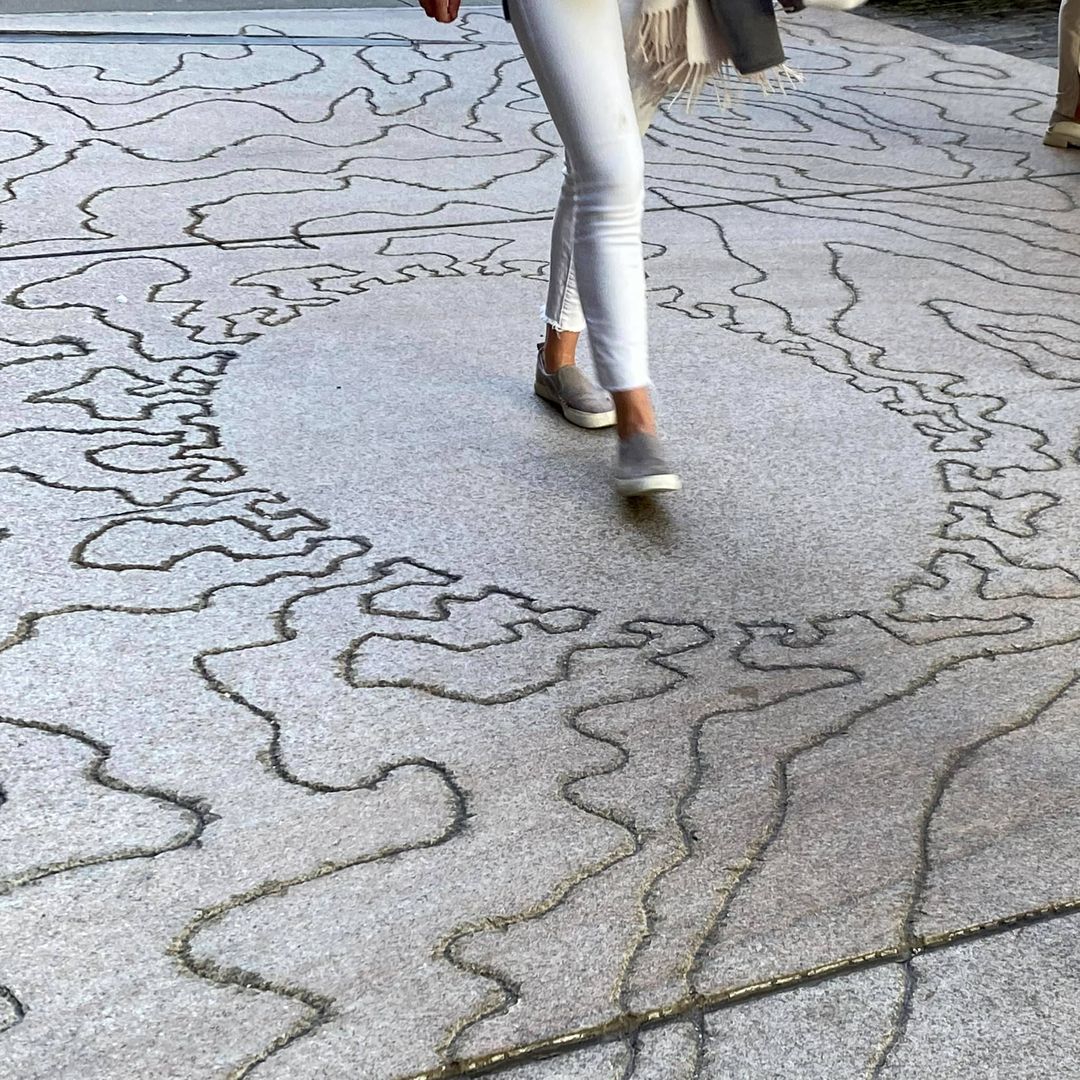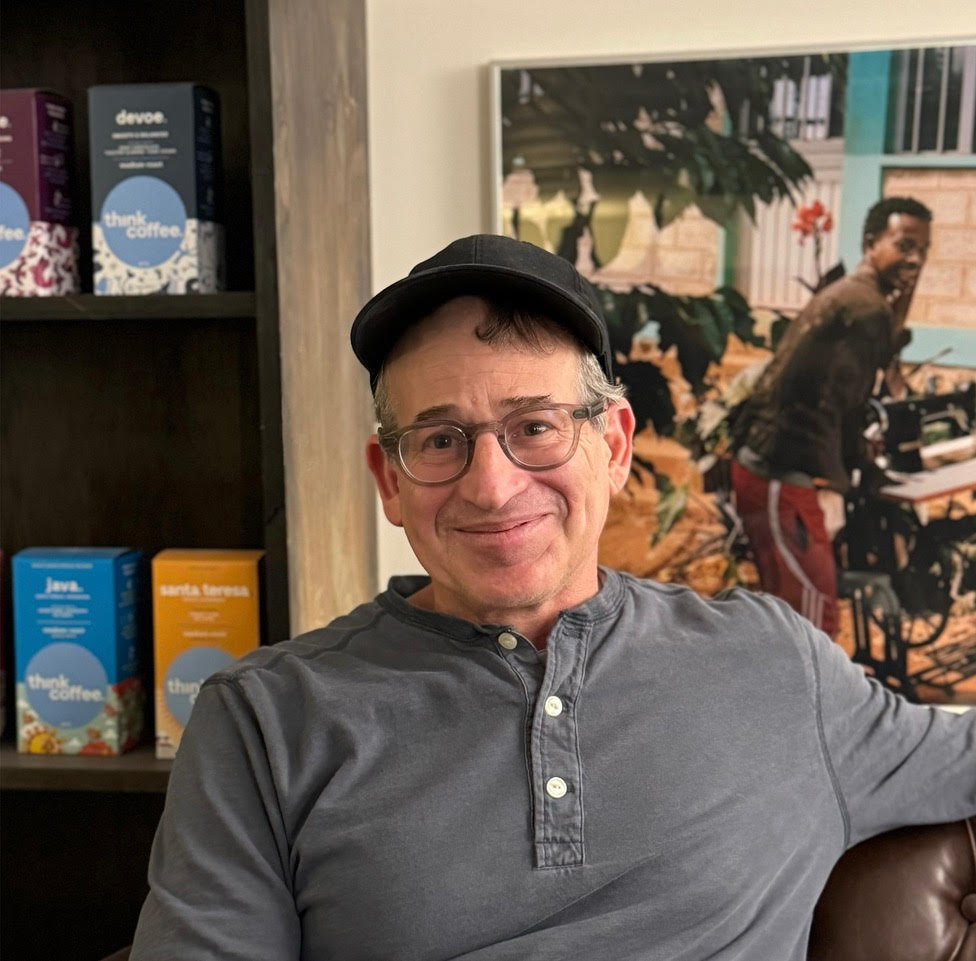
“You can get a cup of coffee on just about any block in Manhattan, certainly any block in NoHo. Will it be good? Maybe. Will it be a cup of coffee that builds community and ensures a fair livable wage for a worker you’ll never meet? It’s pretty unlikely, unless you’re drinking at Think Coffee.”
If you’re like most adults in the country, you start your day with a cup of coffee. If you’re like most people, you probably don’t put that much thought into the coffee beans that start your daily routine. Jason Scherr is not like most people. Jason is the founder and owner of Think Coffee, a groundbreaking cafe known for its deep commitment to a fairly-sourced cup of joe that originated right here in NoHo.
Like many great New York City small business owners, Jason never set out to own a cafe per se. He began his career as a young lawyer in the City after graduating law school in 1990, but quickly found himself drawn to other endeavors that filled a gap missing in the legal work – “a human connection.” Jason recalls, “I wasn’t quite sure what I wanted to do, but while I was a lawyer, I started Jason’s Cream Cheese Company.” A big fan of a classic NYC bagel and cream cheese, Jason thought there was a gap in the market to provide an upscale, fresher cream cheese, so he started the company and ran out of his apartment in the wee hours of the morning before he began his ‘real’ job each day. As the company grew, the tiny Manhattan apartment Jason was working, storing, and distributing out of wasn’t cutting it, and by the mid 90s, he headed to Williamsburg for more space.
While Jason loved getting to provide fresh, nutritious food, there was something missing – community. After conversations with a friend, also named Jason, about how Williamsburg then was lacking in spaces for the community that was open during the daytime. This deep care for providing a space that cultivated community ultimately led Jason to open his first coffee shop, the beloved Verb Cafe, right off Bedford Avenue in the heart of Williamsburg.
While Verb was a great cafe, and adored by many regulars, the tight space wasn’t exactly what Jason was looking for “There were lots of great feelings of community at Verb, and even though we were really popular, it was hard to make ends meet from the cafe,” Jason remembers. He also missed the creative dynamism of NoHo, his old neighborhood. After years of planning, Jason developed a cafe concept that really “scaled up the community aspect in a larger space” into a space that worked for conversations among friends, poetry nights, acoustic music evenings, and spontaneous discussion alike. He “intentionally sought out to open in a creative community,” and when he found the sprawling space on Mercer, and, in 2006 Think Coffee was born, slinging responsibly sourced and environmentally friendly coffee beans. Always drawn to the vibrant urban grit of the Bowery, NoHo’s second location opened just two years later.
Nowadays, it’s basically a right of passage for the NYU community to study and meet friends at the original location on Mercer. Meanwhile, a few blocks away, you’ll find NoHo neighbors at their Bowery and Bleecker location. From the get go, the community aspect was huge. In the huge space, campus groups would host their regular meetings, weekly poetry and open mic nights kept the space vibrant, and with opening hours until midnight, it was a reliable spot to meet pretty much any time day or night.
More importantly, Jason’s broad, inclusive definition of community was crucial from the get go to ensure that the coffee is ethically, sustainably sourced. This doesn’t just mean buying coffee from reputable farms using environmentally friendly practices – it goes far beyond. The vast majority of locally roasted coffee you’ll find in the Five Boroughs was purchased by the roaster from a broker. That broker probably bought it from one of the many large coffee co-ops that sell on the international market. There’s not a lot of transparency, it can be difficult to trace the coffee’s origins, and things like ensuring a livable wage for the actual people working farms are hard to do. Jason recalls that Think, “actually started off using Fair Trade. What they do is certify that a minimum price is paid to the coffee cooperatives, comprised of many small scale farmers who can’t process and scale on their own. The coops can be anywhere from a few dozen to a few hundred farmers.”
When Think started, it used Fair Trade certified coffee available from brokers, but over time, it became clear that to truly produce beans the most sustainable, community minded, and positively impactful way possible, that Think would need to take more control over the process. Especially to ensure that the people actually growing, picking, and working with the coffee were getting a fair wage. Essentially, “Fair Trade was good to raise awareness about the extreme poverty in many locations coffee comes from, but I’m not sure its practical impact has been all that substantial.” The lightbulb moment came when an employee suggested hopping on a plane to visit one of the farms, and Jason realized in a Fair Trade context that it just wasn’t possible.
Think Coffee cuts out the middlemen in the process, and instead works directly with small farmers with an emphasis on sustainability in every sense of the word. What started as one employee’s interest, snowballed into Think working directly with farmers around the world with direct relationships at the core. That means they work with the same farmers year after year, offering reliable income for the long haul, they ensure that fair wages are paid to farmhands so they also have a viable income, and Think gives back, to make sure that the communities themselves benefit beyond just financial gain of the farm itself. In fact, so far every farm working with Think has gone above and beyond the farm itself, and given back to their own people. It’s an innovative and impactful model, much more akin to an ecosystem of coffee, as opposed to the more traditional, extractive model that has defined the industry.
This has led to hyperlocal initiatives designed to directly address community problems in the farming communities that provide the coffee called The Common Good Project. “We only establish a farming relationship if there’s an urgent need in the community and we think we can help address it.” In the past, Think has completed projects dealing with everything from period poverty and feminine hygiene issues, to clean water access, and even housing. It’s not an easy thing to execute, and projects take a lot of dedicated time and effort from the Think team and their local partners to properly execute in a meaningful way.
They’re not stopping there though, and continue to innovate in ethically, sustainably supporting coffee communities around the world. “What has become just as important to us, and is innovative for the industry, is ensuring a livable wage for everybody who works on the farm.” It’s different for every community, and there’s no easy international standard for what this means. To find a standard, Think has “applied the ANKER method, which to our knowledge has never been done for coffee before. They even have fair livable wage reports available on their website that outline how they’re working to ensure everybody from the farm owners to temporary workers picking during peak harvests are getting paid fairly.
It’s a pretty incredible thread that connects NoHo to Nicaragua, Guatemala, Ethiopia, and many other small, rural, impoverished communities around the world. You can get a cup of coffee on just about any block in Manhattan, certainly any block in NoHo. Will it be good? Maybe. Will it be a cup of coffee that builds community and ensures a fair livable wage for a worker you’ll never meet? It’s pretty unlikely, unless you’re drinking at Think Coffee. So visit one of their NoHo cafes or others around the city, enjoy the coffee, and join the seed-to-sip community that Think has created here and abroad.
